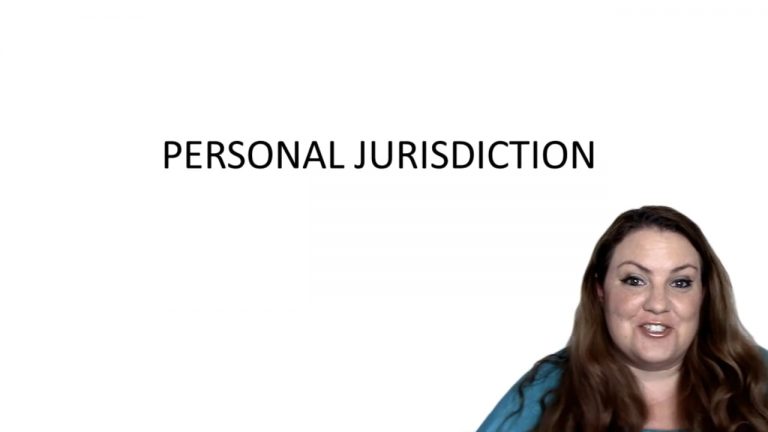SmartBrief
Confirm favorite deletion?
Civil Procedure Keyed to Yeazell
Abdouch v. Lopez
Citation:
285 Neb. 718, 829 N.W.2d 662 (2013)Facts
Plaintiff was the executive secretary of the Nebraska presidential campaign of John F. Kennedy in 1960. Richard Yates gave Abdouch a copy of his book, Revolutionary Road, in 1963 with the inscription: “For Helen Abdouch–with admiration and best wishes. Dick Yates. 8/19/63.” The book was eventually stolen. Defendant Lopez, through his company, KLB, purchased the book in 2009 from a seller in Georgia. Defendants advertised the Yates book, sold it, and designated as “SOLD,” with a photo of the inscription on the website for more than three years after the book was sold. Defendants had not attended any book fairs in Nebraska. Only two of approximately 1,000 individuals on KLB’s active mailing list lived in Nebraska. Defendant KLB was not registered to do business in Nebraska and did not own or lease any real estate in Nebraska. Defendant KLB did not advertise in any Nebraska publications and had sold less than $615 in books to Nebraska residents from 2009–2011. During that time, Defendant KLB’s total sales were $3.9 million. Plaintiff discovered that Defendants posted the photo of the inscription on the website and sued Defendants in Nebraska for invasion of privacy. The trial court dismissed the lawsuit based on a lack of personal jurisdiction over Defendants. Plaintiff appealed to the Supreme Court of Nebraska.
Only StudyBuddy Pro offers the complete Case Brief Anatomy*
Access the most important case brief elements for optimal case understanding.
*Case Brief Anatomy includes: Brief Prologue, Complete Case Brief, Brief Epilogue
- The Brief Prologue provides necessary case brief introductory information and includes:
Topic:
Identifies the topic of law and where this case fits within your course outline.Parties:
Identifies the cast of characters involved in the case.Procedural Posture & History:
Shares the case history with how lower courts have ruled on the matter.Case Key Terms, Acts, Doctrines, etc.:
A case specific Legal Term Dictionary.Case Doctrines, Acts, Statutes, Amendments and Treatises:
Identifies and Defines Legal Authority used in this case.
- The Case Brief is the complete case summarized and authored in the traditional Law School I.R.A.C. format. The Pro case brief includes:
Brief Facts:
A Synopsis of the Facts of the case.Rule of Law:
Identifies the Legal Principle the Court used in deciding the case.Facts:
What are the factual circumstances that gave rise to the civil or criminal case? What is the relationship of the Parties that are involved in the case.Issue(s):
Lists the Questions of Law that are raised by the Facts of the case.Holding:
Shares the Court's answer to the legal questions raised in the issue.Concurring / Dissenting Opinions:
Includes valuable concurring or dissenting opinions and their key points.Reasoning and Analysis:
Identifies the chain of argument(s) which led the judges to rule as they did.
- The Brief Prologue closes the case brief with important forward-looking discussion and includes:
Policy:
Identifies the Policy if any that has been established by the case.Court Direction:
Shares where the Court went from here for this case.
Topic Resources
Topic Outline

 18m 35s
18m 35s